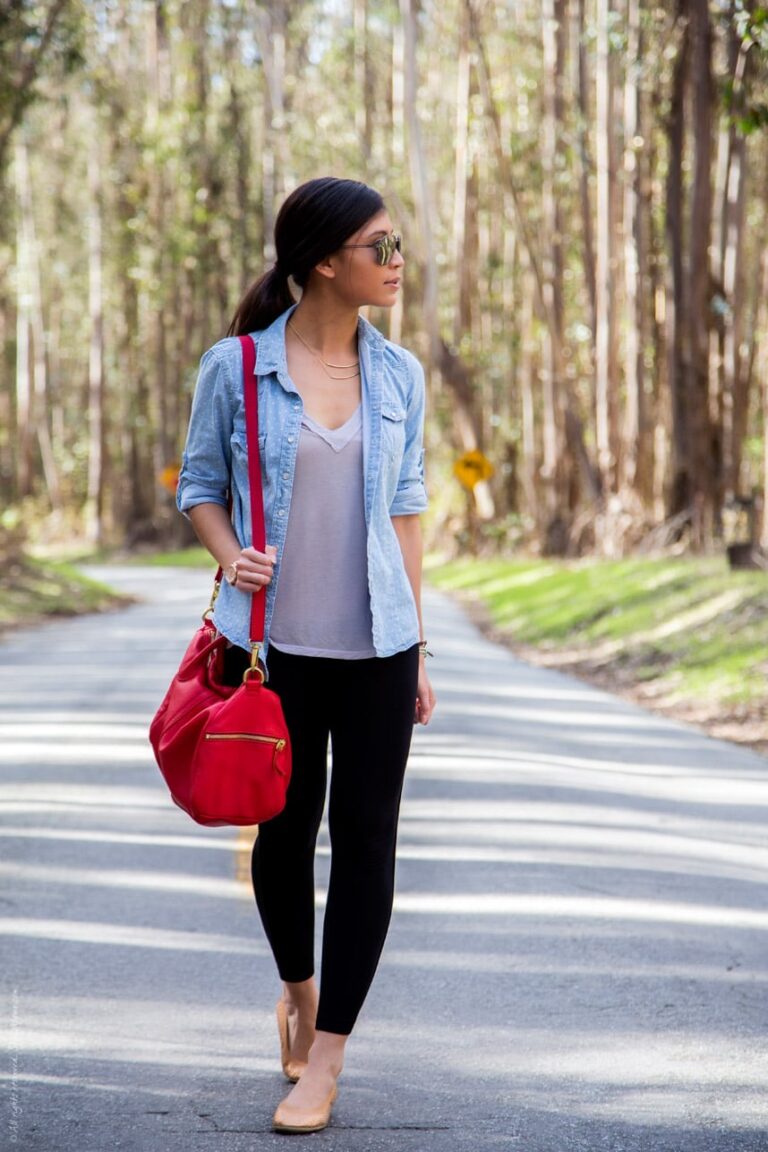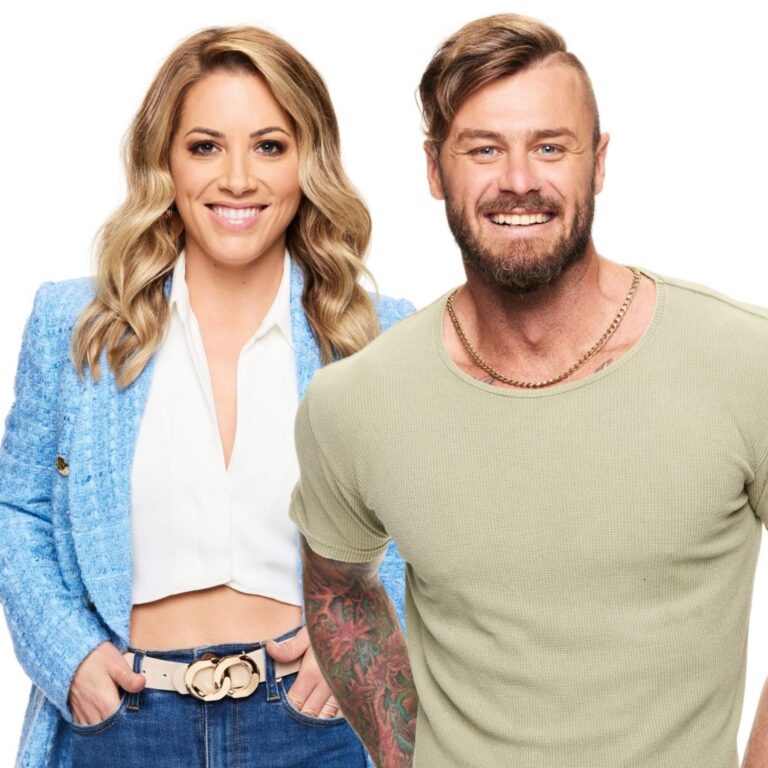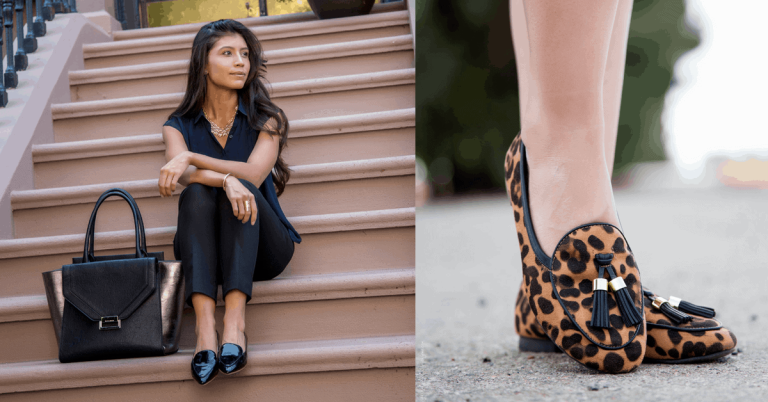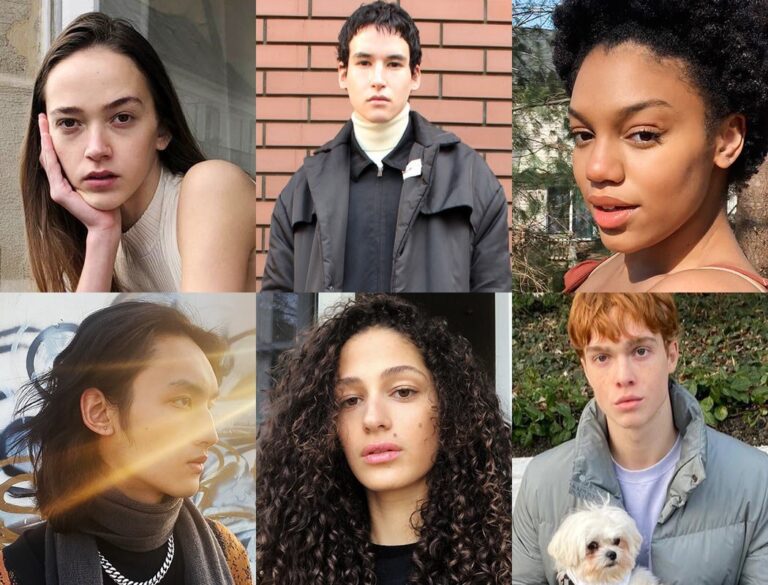Olivia Wilde Praises Harry Styles for Doing the ‘Bare Minimum’—His Literal Job
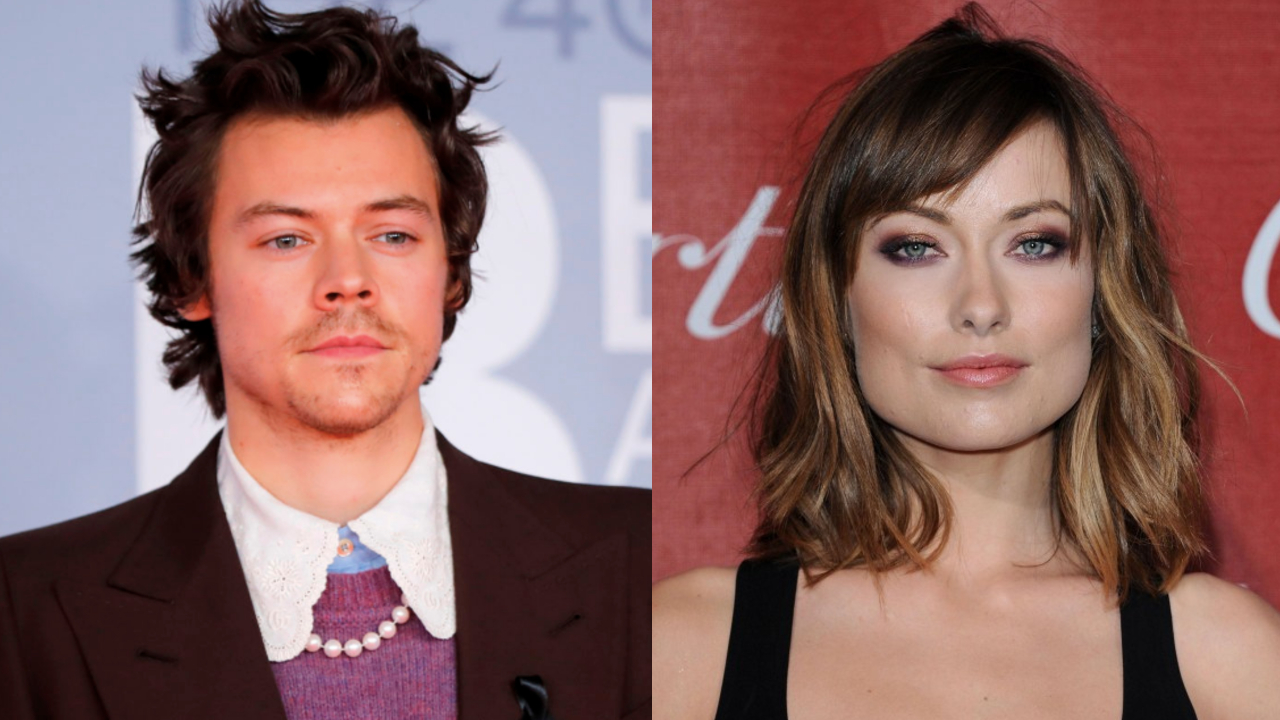
Are we expecting too little of male actors?
People have been talking about Olivia Wilde and Harry Styles lately—and not just about their reported brewing romance. Wilde took to Instagram recently to gush over Styles’s “humility and grace” in the face of being a male supporting actor in a women-lead film (*tear*), prompting many to ask: What’s the big effing deal? It’s literally his job.
Underneath a black-and-white photo of Styles sitting in a vintage car, Wilde wrote: “Little known fact: Most male actors don’t want to play supporting roles in female-led films. No joke, it is hard to find actors who recognize why it might be worth it to allow for a woman to hold the spotlight.”
“Not only did he relish the opportunity to allow for the brilliant @florencepugh to hold centre stage as our ‘Alice,’ but he infused every scene with a nuanced sense of humanity,” the caption continued. “He jumped on board with humility and grace, and blew us away every day with his talent, warmth and ability to drive backwards.”
Read this next: The New Britney Spears Documentary is a Must-Watch
Comments have since been limited on the Instagram post, but Twitter has been lit aflame by people calling out Wilde for praising Styles for doing the “bare minimum.”
“This is worthy of appraisal? Man doesn’t take lead role in film?” one Twitter user wrote. “We’re applauding the bare minimum now?”
i know they’re dating and all but olivia wilde praising harry styles just for being in a movie about women doesnt sit right w me at all lmao… thank u sir for doing the bare minimum 😳😳 idk what we did to deserve such a feminist male icon !!! like ??? thats rly how it sounds..
— on strike / H (@JUNlPERTHOMAS) February 16, 2021
Another wrote: “I know they’re dating and all, but Olivia Wilde praising Harry Styles just for being in a movie about women doesn’t sit right with me at all … Thank you, sir, for doing the bare minimum.” The same person added in a later tweet: “People really praise men for anything as long as they aren’t overly misogynistic … Raise the bar!”
I love Harry more than the next girl, but seriously…Olivia Wilde praising him for being in a movie starring a woman is the most bare minimum level shit…like I’m not going to applaud Harry for not being sexist
just say he’s charming and pretty next time, liv, we’ll understand
— depression meal (@mashedpotaytoes) February 16, 2021
Looking back over the years, it’s clear that the gender gap in the film industry is narrowing, thanks in part to movements like #MeToo and #TimesUp ousting predatory directors and actors, thus making space for safer work environments, gender equality, equal pay (sometimes backed by male co-stars) and greater representation for women in film.
The hunger for more femme-centric stories seems to be at an all-time high, and the actual numbers are changing, too. In 2019, 43 of the top 100 films featured a female lead or co-lead, a 10% growth in just two years, according to a Statista study. That same year, on the flip side, women only represented 10.7% of directors and 19.4% of writers.
So, why has Wilde’s praise of Styles gotten under some peoples’ skin? Canadian documentary filmmaker Jia Wertz, who’s currently based in New York City, has a different take. According to Wertz, this seems like another case of misplaced anger, focused too much on calling out Wilde than looking at the root problem: sexism in the film industry.
Read this next: Here’s How We Should Be Talking About Margaret Qualley and Shia LaBeouf
“The film industry is negatively impacted by sexism and gendered ageism. Women over 30 have a tougher time landing roles or even finding available roles, while this isn’t an issue male actors typically have to worry about,” she tells FLARE. “However, things are definitely changing and heading—slowly—in the right direction, mostly due to women taking matters into their own hands and creating this change.”
Social media chatter can be very polarizing when, in fact, many of these issues aren’t independent of one another.
“Just like anything else in life, we need to show praise for the behaviours we want to see repeated,” Wertz said in an interview. “While it may be true that this is the bare minimum, we have to start somewhere … There’s room to recognize these efforts while also being critical.”
“People can argue that it’s Harry’s job, but it’s up to his discretion which roles he chooses to take.”
Read this next: What We’re Getting Wrong About Lizzo’s Juice Cleanse
Ultimately, Wertz makes a case for encouraging positive behaviours in an industry where this isn’t the norm—even though it, by all accounts, should be.
“We should praise actions that are moving us forward and in the right direction,” she says. “That doesn’t mean we can’t give praise while also demanding more.”
“Perhaps the critique shouldn’t be of Olivia praising Harry, [but] of other male actors who haven’t taken smaller roles, or who haven’t supported or uplifted their female co-stars.”
Amen.

